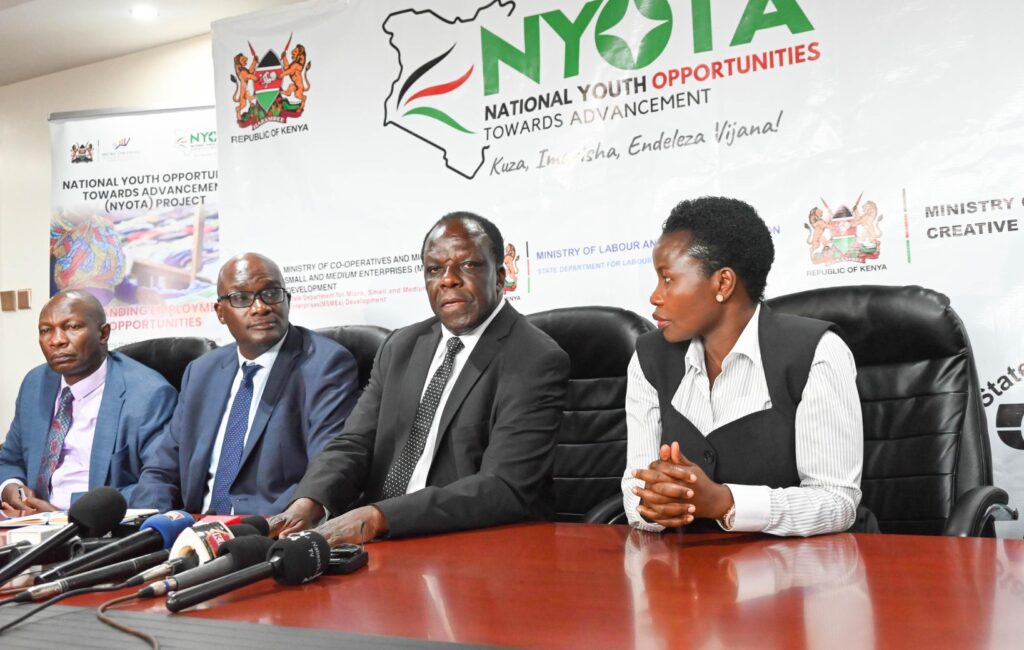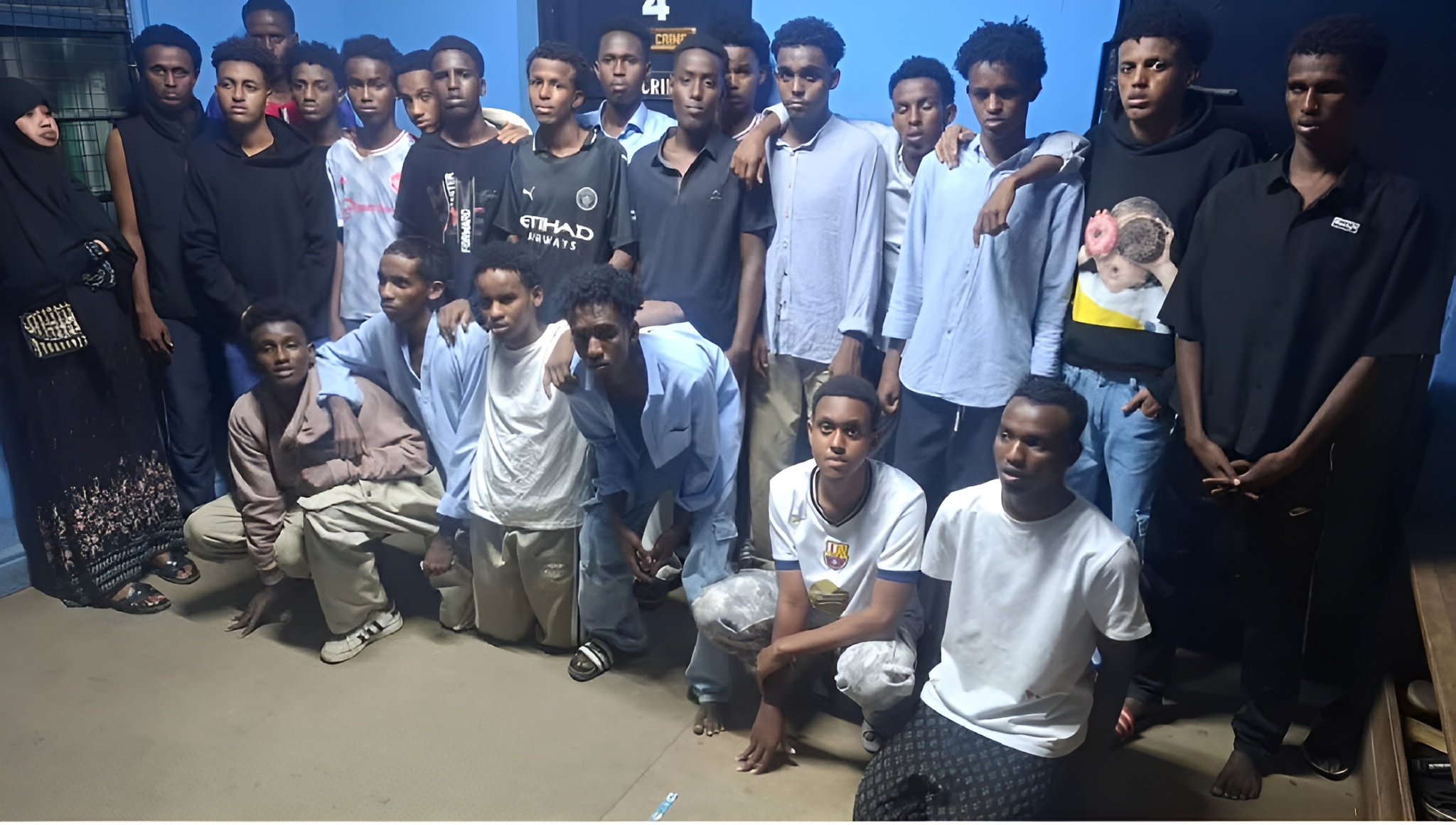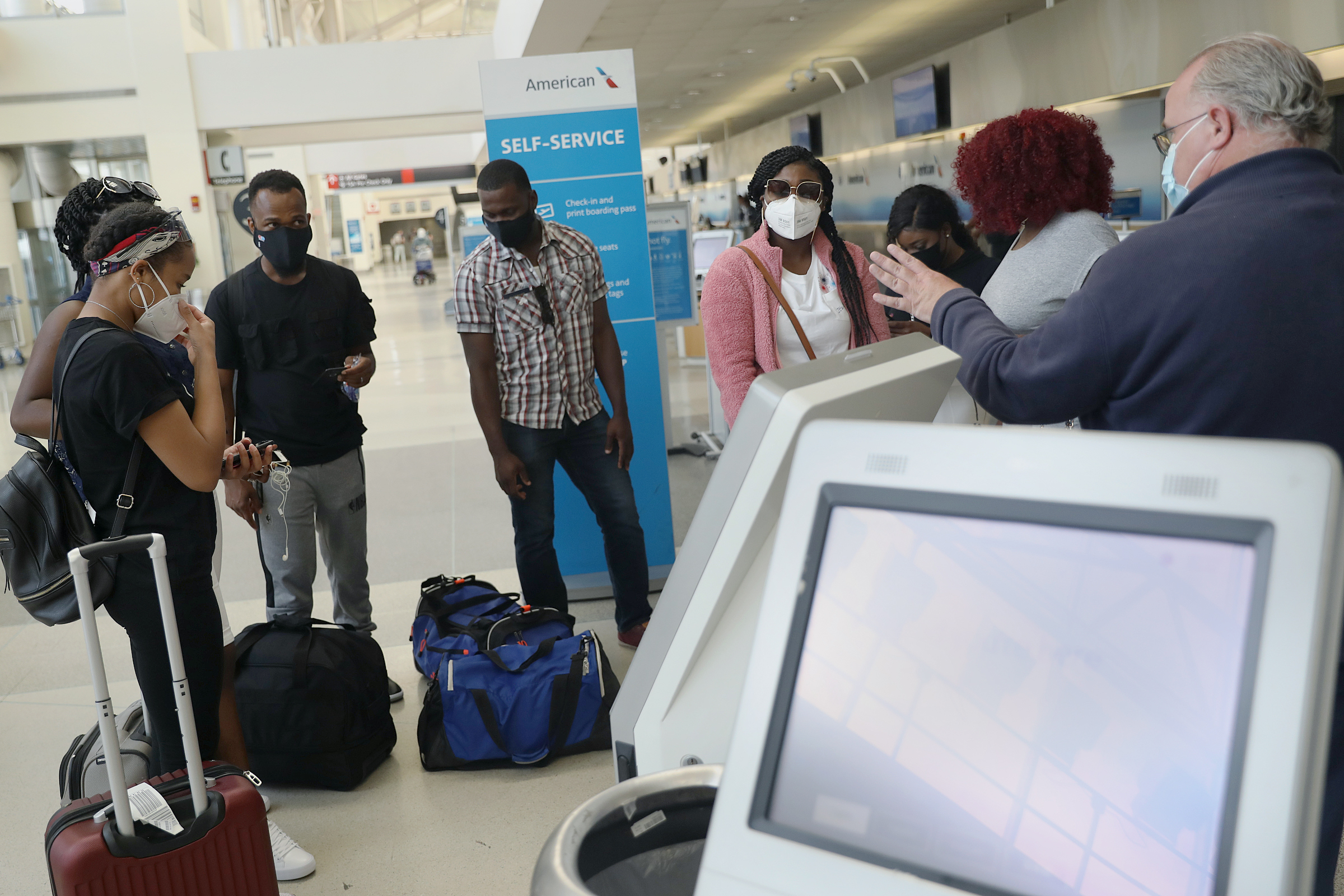Nairobi, October 24- The National Youth Opportunities Towards Advancement (NYOTA) project is a five-year government initiative funded by the World Bank, designed to uplift and empower vulnerable young people across Kenya.
Through its implementation, NYOTA aims to create jobs, boost income generation, and encourage savings among the youth. Under the Business Support Component, 100,000 young entrepreneurs will benefit from training, mentorship, and start-up grants worth KSh50,000 each to help them launch and grow their businesses.
A Physical Validation Exercise for this component will be held on Friday, 24th October 2025, at all 290 constituency headquarters. The exercise will verify the authenticity and eligibility of applicants to ensure only qualified youth benefit. It will confirm key details such as residency, education, employment status, gender, and disability, and participation is mandatory no second round will be conducted.
The validation process will be led by Principal Secretaries with support from elected leaders, NGAOs, and the NYOTA Implementation Team under a Whole-of-Government approach. Each constituency will have validation centres with ward-based breakout stations to ensure transparency and efficiency.
Applicants must present their National ID cards, while Persons with Disabilities must show their disability identification cards. They must also complete the Entrepreneurship Aptitude Test (EAT) a mandatory step for final selection.
The EAT can be taken for free via SMS by sending NYOTA to 40270 and completing 19 questions in any of the available languages by 12:00 p.m. on 24th October 2025. Those who haven’t taken the test can do so on-site during validation.
After the validation, the NYOTA team will analyse results and EAT performance over three days before releasing the final list of successful applicants. Selected youth will then undergo induction and training ahead of the business start-up phase.
Overall, NYOTA targets over 820,000 youth aged 18–29 years (and up to 35 for Persons with Disabilities) across 1,450 wards. It focuses on boosting employability, supporting entrepreneurship, and promoting financial inclusion through four main pillars: Recognition of Prior Learning (RPL), On-Job Experience (OJE), Business Support, and Digital Training on Access to Government Procurement Opportunities (AGPO) and the e-GP platform.









